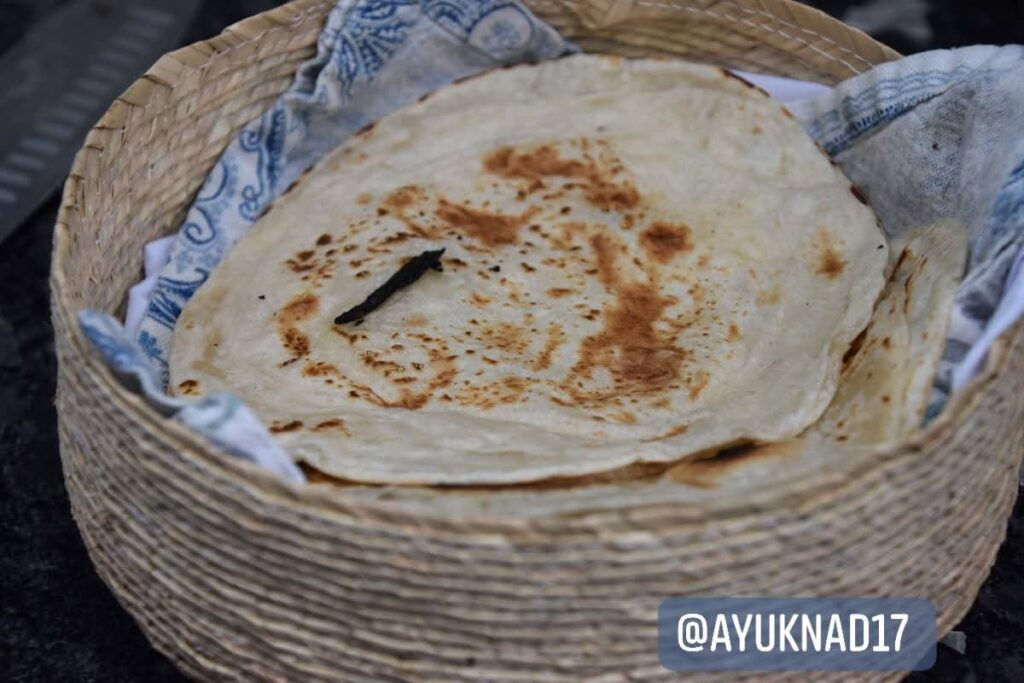Parashat Vayelech
26th September 2025
Week of 21 – 27 September 2025
Torah portion : Deut. 31:1-31:30; Haftarah: Hosea. 14:2-10
Our parasha Parashat Vayelech opens with a striking phrase:
“Vayelech Moshe — and Moshe went, and he spoke these words to all of Israel. He said to them: I am 120 years old today…” (Deut. 31:1–2).
Rashi comments: why emphasize “today”? On this very day Moshe turned 120. The Midrash adds: Moshe knew that the righteous complete their days —This wasn’t just a chronological note, but a spiritual statement: Moshe’s life came full circle, without anything left incomplete. The expression “this day” reminds us that every day carries its own weight. Moshe, even on his last day, lives it fully — teaching Torah, strengthening Yehoshua, and encouraging the nation.
Moshe declares: “I can no longer go out and come in.” Rashi explains: it’s not that Moshe was weak — later the Torah says “his eyes had not dimmed, nor his vigor diminished”. Rather, the mantle of leadership was being taken from him. Here Moshe models a profound truth: greatness is not measured by how long we cling to power, but by how we prepare others to continue after us.

Moshe does not leave a vacuum. He strengthens Yehoshua: “Chazak ve’ematz — be strong and courageous, for you shall go with this people.” Yehoshua is not Moshe’s copy, but his continuation. Moshe’s role was to bring Israel to the border; Yehoshua’s role was to bring them into the land. Leadership is a relay race: each runner carries the baton for their stage, then passes it forward. Moshe’s greatness was not only in leading Israel through the desert, but in ensuring that even without him, the journey would continue.
God tells Moshe that after his death, the people will stray and break the covenant. This harsh prophecy recognizes human weakness—but it’s paired with God’s assurance that “I will not abandon them.” The message is twofold: human beings are fallible, but Divine compassion is constant. Teshuvah (repentance) is always possible because God remains near, even when Israel strays.
He also writes down the Torah and gives it to every tribe, teaching us that Torah belongs to everyone—not just rabbis, priests, or leaders. Then we get the mitzvah of Hakhel, where once every seven years, the entire nation gathers to hear the Torah read. Even children are brought—because sometimes just being present shapes who is the people.
The Gemara (Kiddushin 72b; also see Megillah 13b) teaches: “The sun does not set until another sun rises.” In other words, when a righteous person leaves this world, another righteous one is born or appointed. G-d ensures that spiritual leadership never disappears from Israel. Moshe embodies this principle. On the very day he prepares to depart, he installs Yehoshua as the next leader. The “sun” of Moshe may be setting, but the “sun” of Yehoshua is already rising. Moshe could have focused on his achievements or his sadness at not entering the Land. Instead, his final acts are strengthening Yehoshua and giving the Torah to all of Israel. He models a leader who not only leads in life, but also provides continuity after death.
So, we are invited to reflect that this Parashat Vayelech is always read between Rosh Hashanah and Yom Kippur. This is no coincidence. The Torah describes Israel standing at the edge of the Jordan, preparing to enter the Land of Israel. Now, is the new year.
Israel has wandered forty years in the desert. Now the moment has come: Moshe tells them, “I can no longer go out and come in… Yehoshua will go with you, and God Himself will go before you” (Deut. 31:2–3).
This is the image of transition: from desert to land, from uncertainty to rootedness, from wandering to destiny.
So too we learn that Rosh Hashanah and Yom Kippur place us on the border between the past year and the year ahead. We leave behind the wilderness of last year’s mistakes and failures, and we are invited to cross into a new land — the fresh year that awaits. Shanah Tovah and Shalom to everyone
This week’s Parasha Commentary was prepared by
Elio Passeto, NDS, Jerusalem–Israel, Director
[Copyright © 2025]

Comments are closed